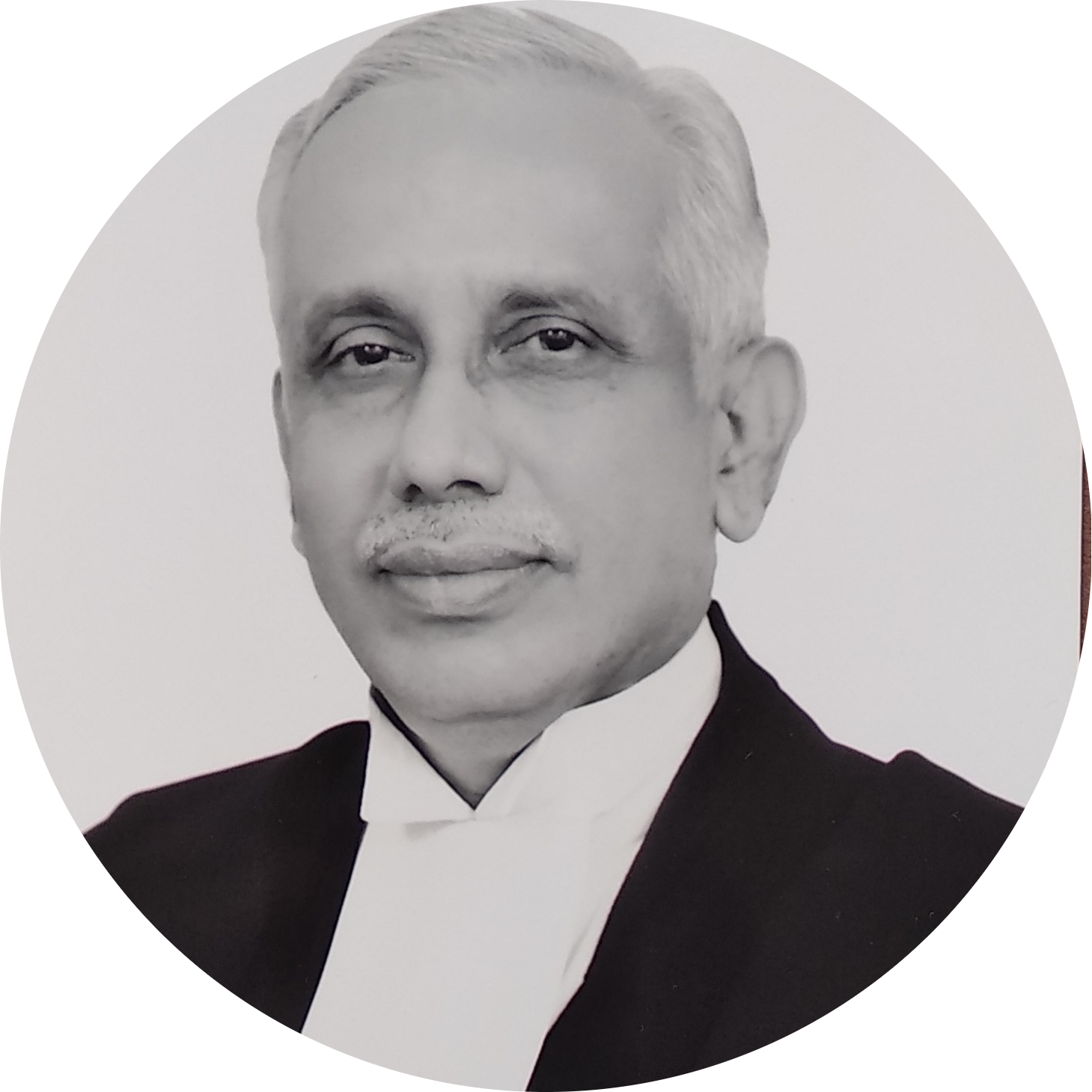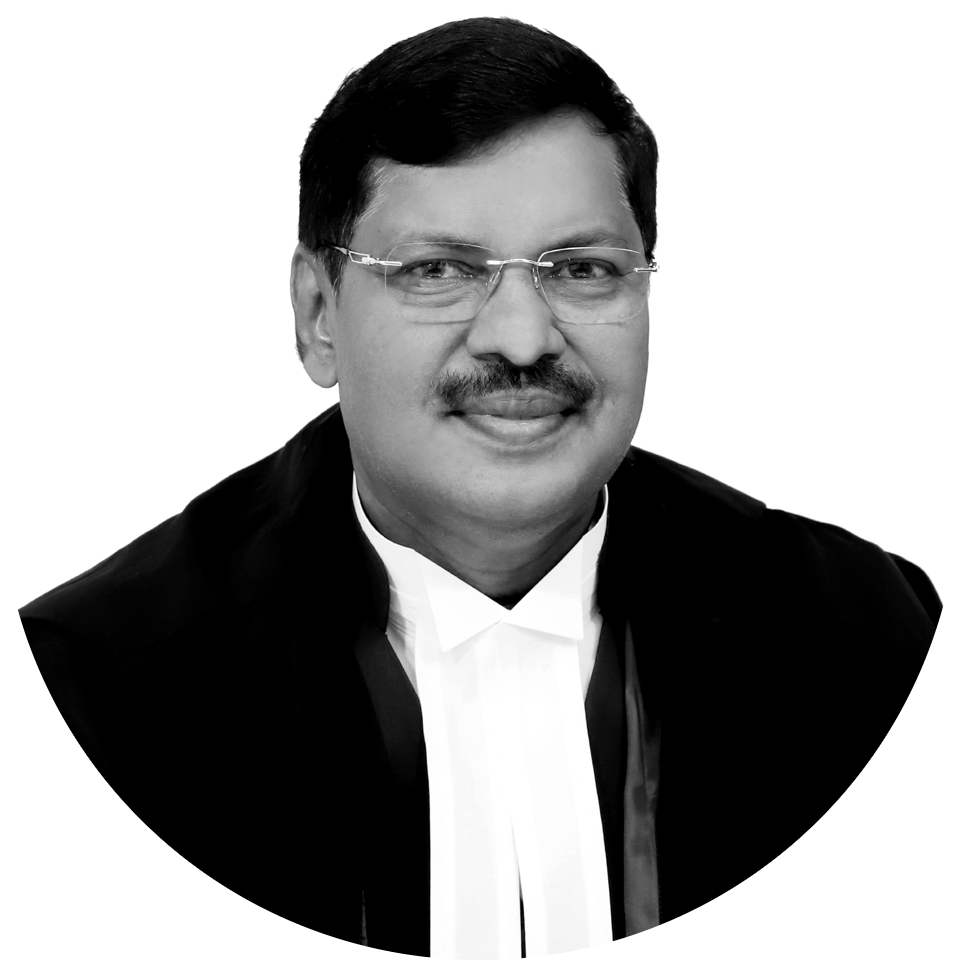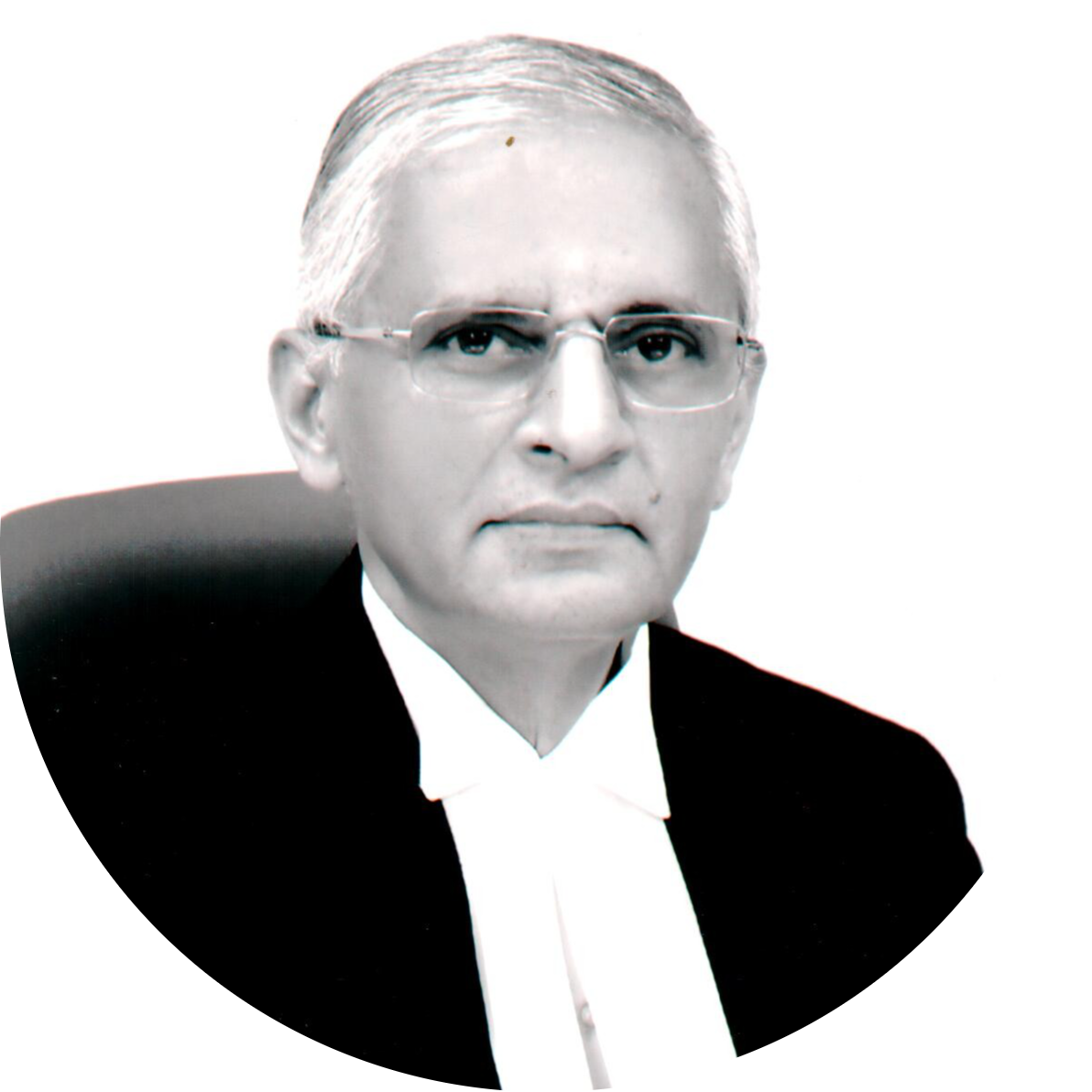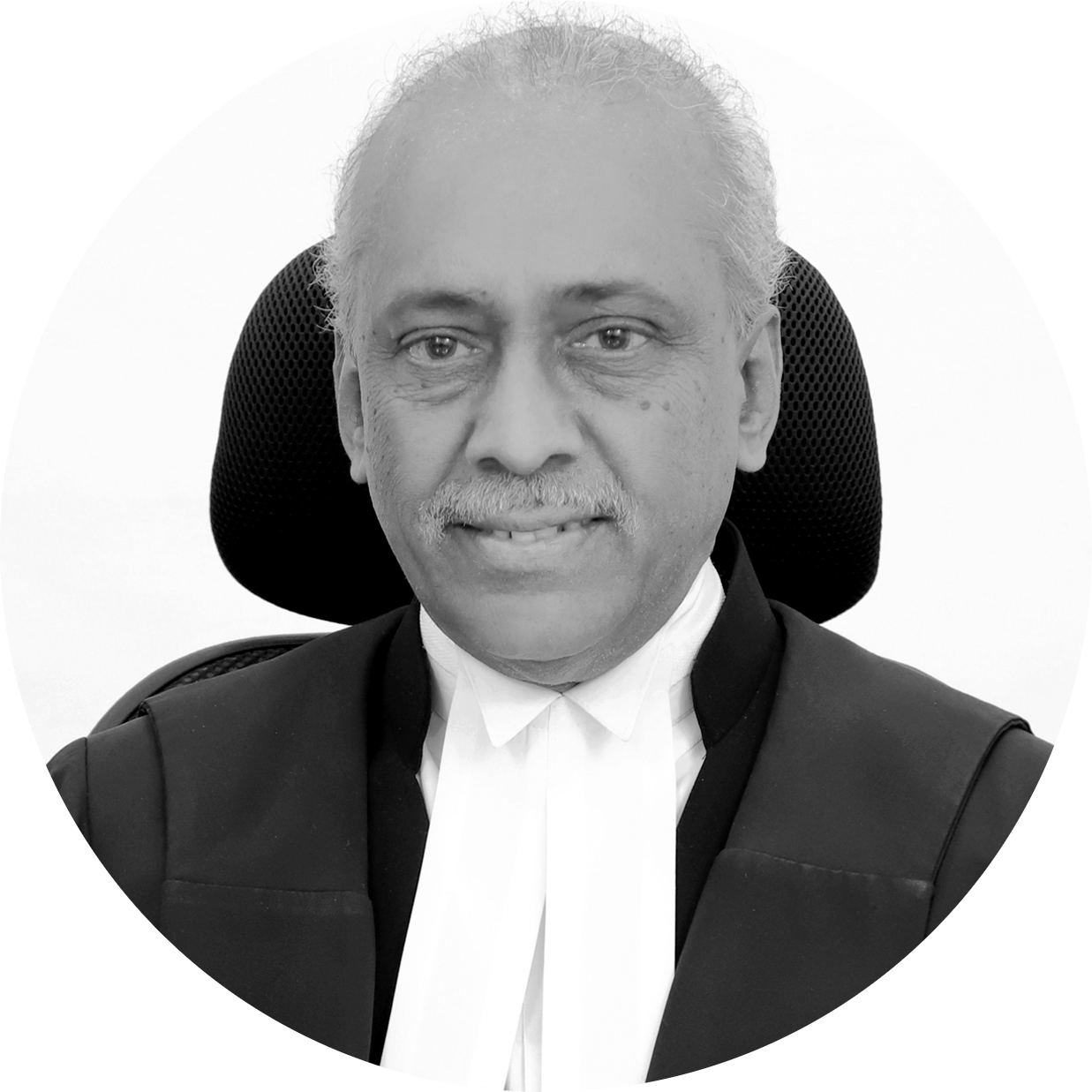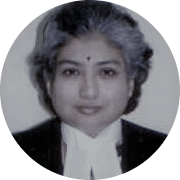Summoning New Accused After the Judgment is Delivered
Sukhpal Singh Khaira v State of Punjab
The SC will decide if a new accused can be summoned after the trial has concluded and the Judgment has already been delivered.
Decided
Parties
Petitioner: Sukhpal Singh Khaira
Lawyers: Sr. Adv. P.S. Patwalia
Respondent: State of Punjab, Union of India
Lawyers: Adv. Gen. for Punjab Vinod Ghai, Addl. Sol. Gen. S.V. Raju
Case Details
Case Number: Crl. A. No. 885/2019
Next Hearing:
Last Updated: June 1, 2023
TAGS: Code of Criminal Procedure, S.319, Summons
Key Issues
Can a Trial Court summon a new accused under Section 319 of the Criminal Procedure Code after the trial has ended?
If proceedings in a trial have been separated between physically present and absconding accused persons, can a new accused be summoned in the second set of proceedings when the first has concluded?
What guidelines must Courts follow while summoning a new accused under Section 319 of the Code?
Case Description
The case concerns the question of summoning new accused persons in a trial after the Judgment in the same trial has already been delivered. Specifically, the Supreme Court was expected to decide when new accused persons may be summoned in an ongoing trial, and if such persons could be summoned in a trial separated from the original trial but stemming from the same set of facts.
On March 5th, 2015, an FIR was lodged against 11 persons for offences under the Narcotics and Psychotropic Substances Act, 1985, the Arms Act, 1959, and the Information Technology Act, 2000. The Sessions Court hearing the case delivered its Judgment on October 31st, 2017, convicting nine of the accused and acquitting two. On the same day, after the Judgment was delivered, the Sessions Court summoned five new persons for inquiry in the same case. One of the new individuals was Mr. Sukhpal Singh Khaira, the then Opposition Leader in the Punjab Legislative Assembly.
The Summoning Order was issued under Section 319 of the Code of Criminal Procedure, 1973 (the Code). Section 319 allows Courts to summon new accused in an investigation if the evidence examined in the case indicates their involvement in the alleged offence. However, the provision states that Courts may exercise this power only ‘in the course of’ any inquiry or trial.
In this case, since the trial was already concluded before the summons Order was issued, the five newly accused persons filed separate Criminal Revision Petitions against the summons before the Punjab and Haryana High Court. The High Court upheld the summoning Order and dismissed the petitions. Subsequently, the aggrieved five persons appealed the High Court’s decision at the Supreme Court.
Mr. Khaira and the four other newly accused persons claimed they could not be summoned in a case that was already concluded. If they were to be summoned in the case, then it should be during the course of the trial. Summoning them after the conclusion of the trial deprives them of their rights to hear the accusations against them and to defend themselves against the allegations while the evidence is being examined.
On May 10th, 2019, a 2-Judge Bench of the Supreme Court comprising former Justices N.V. Ramana and Mohan M. Shantanagoudar referred the case to a 5-Judge Constitution Bench.
A Constitution Bench led by Justice Abdul Nazeer and comprising Justices B.R. Gavai, A.S. Bopanna, V. Ramasubramanian and B.V. Nagarathna heard arguments in the case from November 15th to November 17th, 2022.
The Advocate General for Punjab, Mr. Vinod Ghai, argued that a case does not conclude once the Judgment is pronounced. Instead, the case will conclude after the sentence or the punishment is decided. Additional Solicitor General S.V. Raju, appearing for the Union, argued that summoning an accused after the conclusion of trial was only a procedural irregularity. Since Section 319 of the Code seeks to do ‘complete justice’, the summons would be valid despite the irregularity.
On December 5th, 2022, the Constitution Bench led by Justice Abdul Nazeer pronounced its Judgment. The Bench is expected to decide when a trial will be considered as concluded and up to which stage of a trial new accused persons may be summoned.

